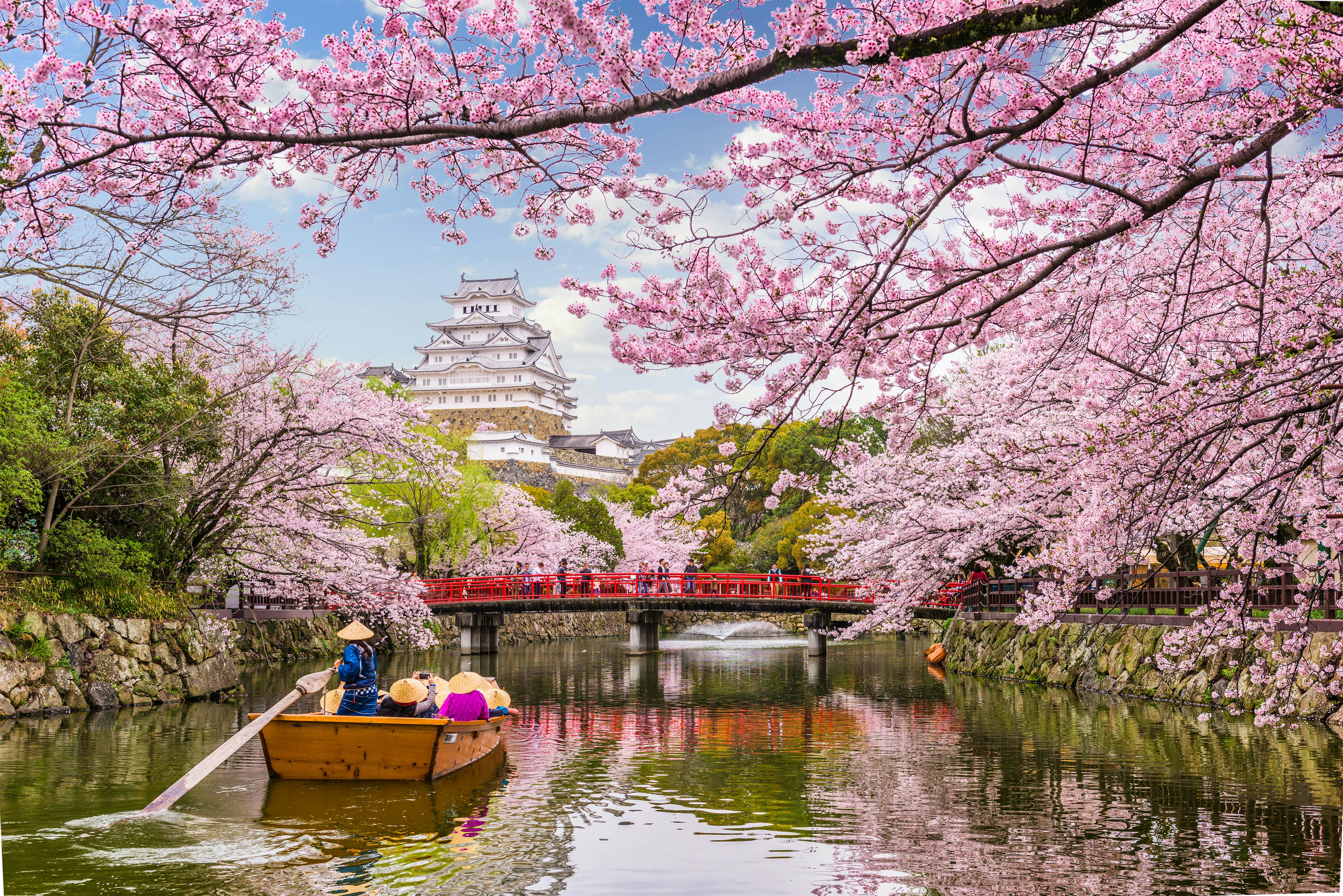Japan set to extend virus emergency in Tokyo through May 31
TOKYO (AP) – Japan is set to expand and extend a state of emergency in Tokyo and other areas through May 31 as the coronavirus spreads and uncertainty grows about safely holding the Olympics just 11 weeks away. The crisis in Tokyo and Osaka, Kyoto, and Hyogo prefectures in the West will end Tuesday. Instead, officials seek an extension in those areas and expand the virus-control measure to Aichi in central Japan and Fukuoka in the south.
Officials in charge of Japan’s COVID-19 response are seeking experts’ endorsement of the plan, and Prime Minister Yoshihide Suga will announce the measures later Friday.
Tokyo logged 591 new cases of coronavirus infection Thursday, a slight dip from when the state of emergency began in the capital last month but far above a target of 100 that some experts recommend.
The extension deepens uncertainty over a speculated May 17 visit by International Olympics Committee President Thomas Bach. If Japan, one of the world’s least vaccinated nations, can safely host the Summer Olympics, postponed from last year and scheduled to be held July 23-Aug. 8.

Despite criticism for taking slow virus measures, Suga has been reluctant to hurt the already pandemic-damaged economy and pledged to keep the state of emergency “short and intensive.” However, experts said just over two weeks would be too short to slow the infections effectively.
The ongoing emergency is Japan’s third and came only a month after an earlier measure ended in Tokyo.
Less stringent quasi-emergency will be expanded to eight prefectures from the current six, where bars and restaurants must close early.
Japan has had about 616,000 cases, including about 10,500 deaths, since the pandemic began. The country has managed without enforced lockdowns, but people are becoming impatient and less cooperative with virus measures, making them less effective. COVID-19 outbreak hampering ordinary health care. Several patients died at home recently after their conditions worsened while waiting for hospital vacancies.
Past emergency measures, issued a year ago and then in January, were toothless and authorized only non-mandatory requests. The government in February toughened a law on anti-virus measures to allow authorities to issue binding orders for nonessential businesses to shorten their hours or close in exchange for compensation for those who comply and penalties for violators.
Shutdown requirements for bars, karaoke, and most entertainment facilities will remain until the end of May, but department stores will be allowed to operate for shorter hours.
Wearing masks, staying home, and other measures for the general public remain non-mandatory requests.
The government has also been criticized over its snail-paced vaccination rollout, which has covered only 2% of the population since vaccinations began in mid-February.




